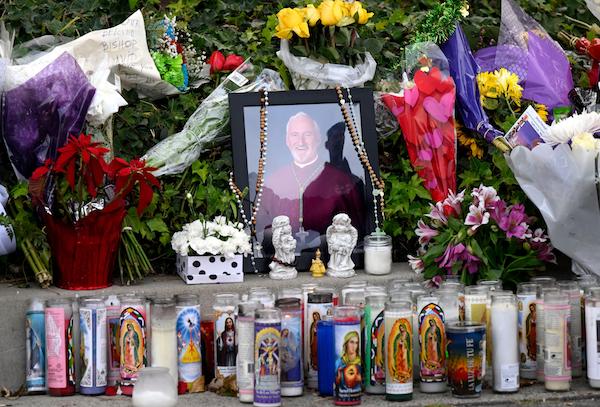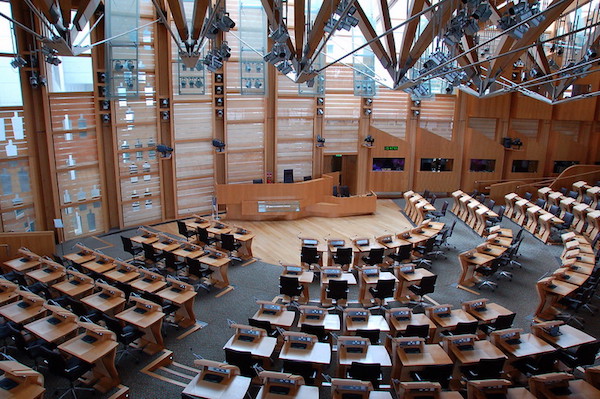The Scottish bishops have expressed their alarm at threats to conscience and religion in public life.
In a statement issued on 3 March, the bishops said that instances of “disqualification from leadership and the silencing of conscience in general” had “left many citizens seriously concerned over the negative characterisation of religion in public life”.
They cited Benedict XVI’s Westminster Hall address in 2010 on “the legitimate role religion in the public square”.
Addressing the treatment of Kate Forbes in the SNP leadership contest, they said that the MSP’s religious convictions should not prevent her from leading her party and country.
“We feel obliged to state that, as a well-established civic principle, holding or expressing religious beliefs and values does not debar any individual from leadership in public life.”
Ms Forbes, a practising member of the socially-conservative Free Church of Scotland, has spoken publicly about her faith and personal opposition to same-sex marriage, abortion and other progressive causes.
Several MSPs have withdrawn their backing from her leadership campaign after she reiterated her position on these matters.
The bishops made their first intervention in the dispute last week, when their spokesman, Peter Kearney, told The Herald that “tolerance” had “given way to conformity in politics”.
Their latest statement also warned of “the silencing of conscience in general” as political parties limit the parliamentarians’ right to vote according to conscience on contentious moral issues.
“Such actions inhibit freedom and are insidiously conformist in nature,” they said. “They compromise open and honest debate and risk marginalising minority groups.”
They called for a commitment to freedom of conscience in politics, as “without this guarantee our society cannot be free and fair”.
In an explanatory note accompanying their statement, the bishops outlined the argument of the late Pope Emeritus in his Westminster Hall address, “that the role of religion in political debate is not to impose its own view of right and wrong but to play a vital part in shared and reasonable inquiry about the sorts of principles that protect human dignity and allow the common good of society to flourish”.
Benedict said that parliaments and the Church had achieved much by cooperation, but that this cooperation depended on religions acting according to their principles – which he said were threatened by the refusal of political parties to grant votes according to conscience.
The bishops continued: “In that context we advise that such trends inhibit freedom and introduce a blind conformity that goes as far as undermining the foundations of liberal democracy.
“They close off open and honest debate and risk marginalising much of Scottish public opinion.”



 Loading ...
Loading ...